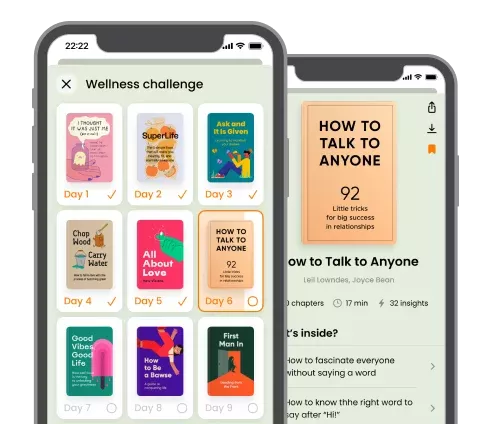19 Best Political Science Books
Discover a wide range of engaging and informative political science books, covering various topics and ideologies. Expand your knowledge today!
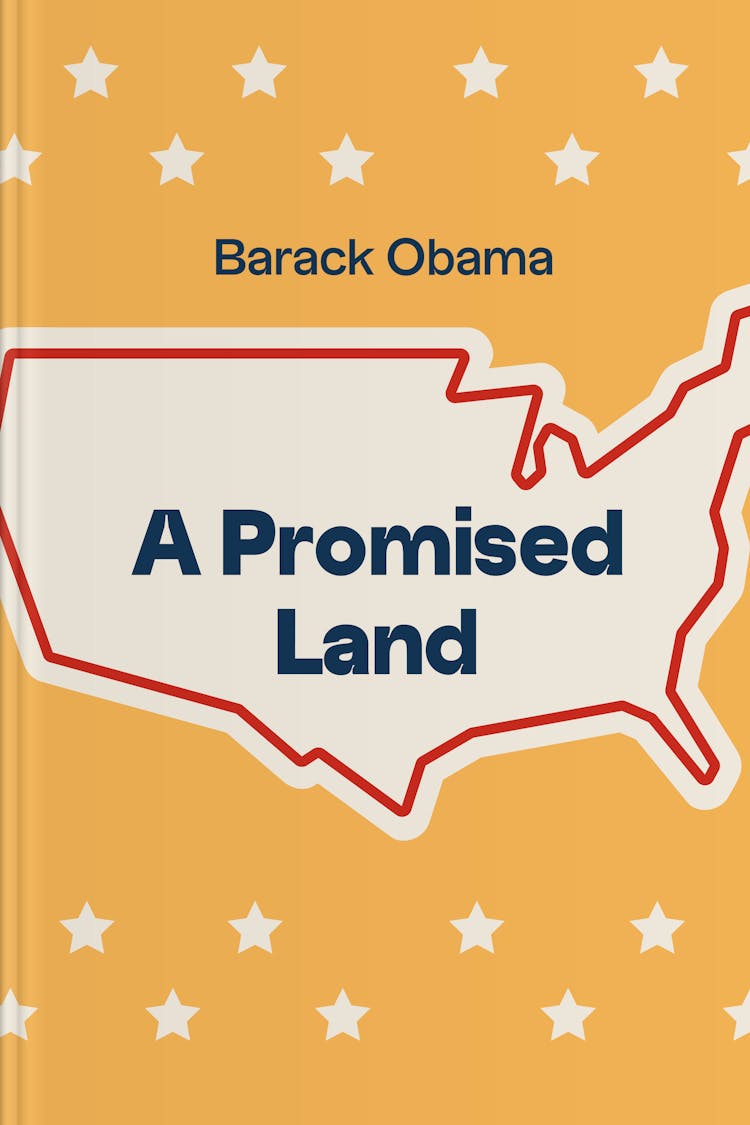 1
1A Promised Land
by Barack Obama
What is A Promised Land about?
In this captivating memoir, the author reflects on his early political career, his historic journey to becoming the 44th President of the United States, and the challenges he faced during his first term. With eloquence and candor, he shares his personal experiences, political insights, and the ideals that shaped his presidency. From the highs of passing landmark legislation to the lows of navigating a divided nation, this book offers a compelling and intimate account of Barack Obama's journey in the White House.
Who should read A Promised Land
History enthusiasts seeking an insider's perspective on Barack Obama's presidency.
Political science students interested in understanding the complexities of governance.
Citizens curious about the personal journey of America's first Black president.
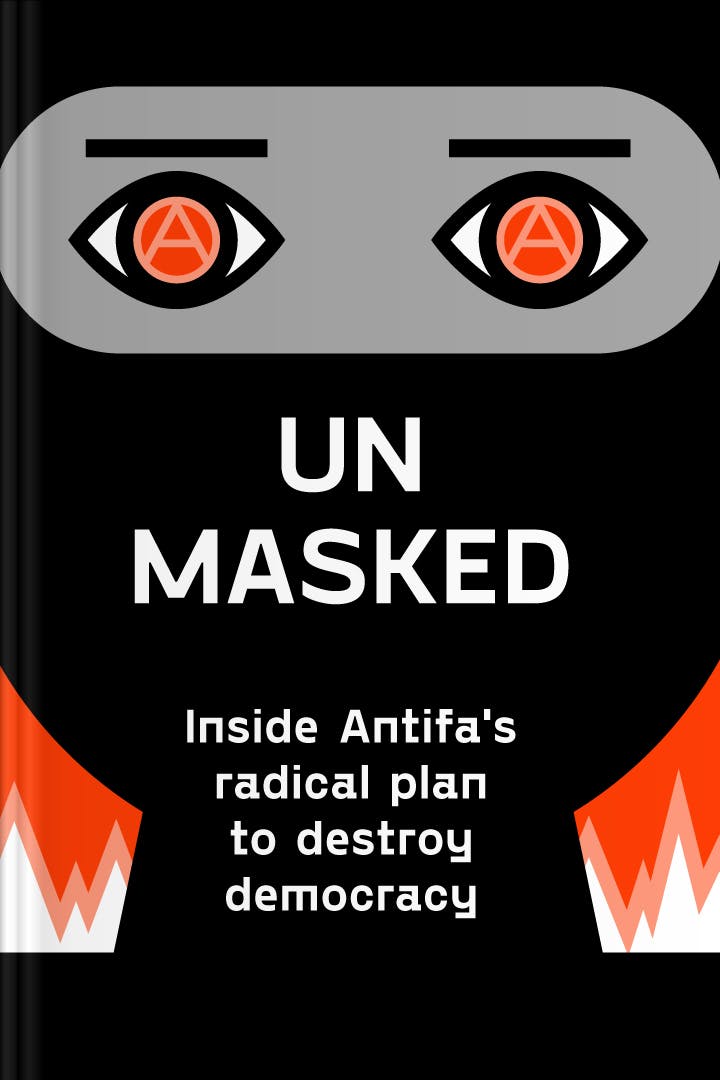 2
2Unmasked
by Andy Ngo
What is Unmasked about?
"Unmasked" by Andy Ngo delves into the secretive world of Antifa, exposing their radical ideology and tactics aimed at dismantling democracy. Drawing from his own experiences as a journalist and eyewitness, Ngo uncovers the inner workings of this controversial movement, shedding light on their violent protests, censorship efforts, and the dangerous consequences they pose to free speech and civil liberties. This eye-opening book offers a comprehensive exploration of Antifa's mission to undermine democratic values.
Who should read Unmasked
Individuals interested in understanding the ideology and tactics of Antifa.
Political activists seeking insights into the threats against democracy.
Readers curious about the impact of Antifa on contemporary society.
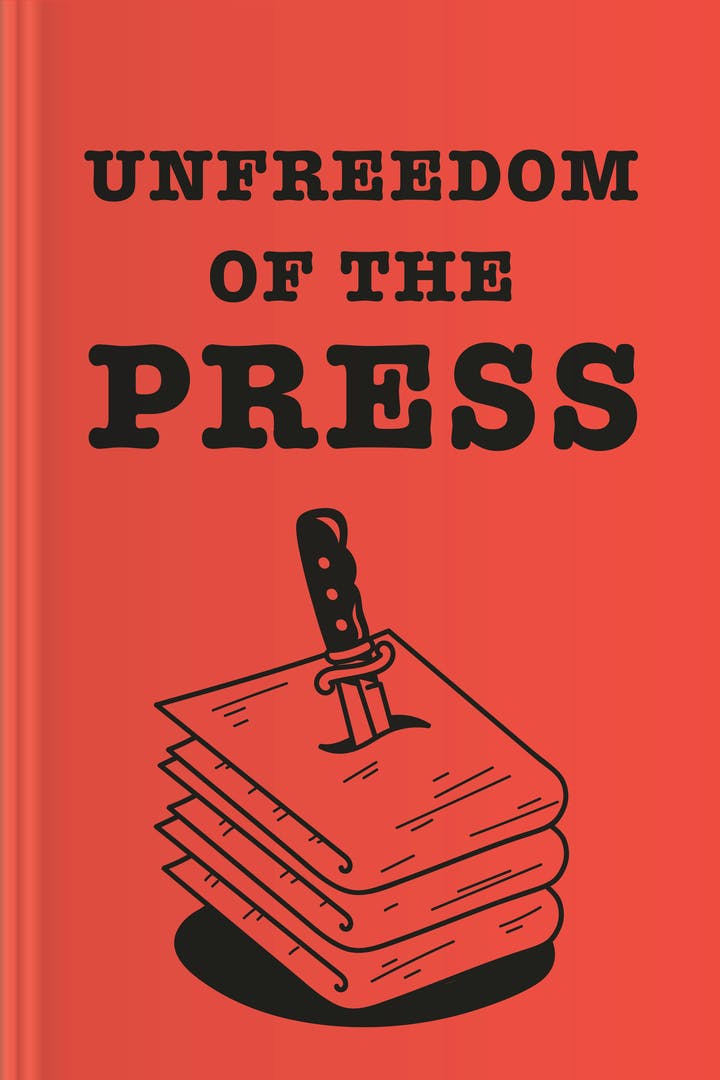 3
3Unfreedom of the Press
by Mark. R. Levin
What is Unfreedom of the Press about?
In this thought-provoking book, the author delves into the state of the modern media and its impact on society. Through meticulous research and analysis, he exposes the biases, agendas, and lack of objectivity prevalent in today's press. With a passionate call for a return to true journalism, Levin challenges readers to question the media's role in shaping public opinion and emphasizes the importance of a free and unbiased press in a democratic society.
Who should read Unfreedom of the Press
Individuals interested in understanding the role of media in society.
Political enthusiasts seeking insights into media bias and manipulation.
Citizens concerned about the erosion of press freedom and integrity.
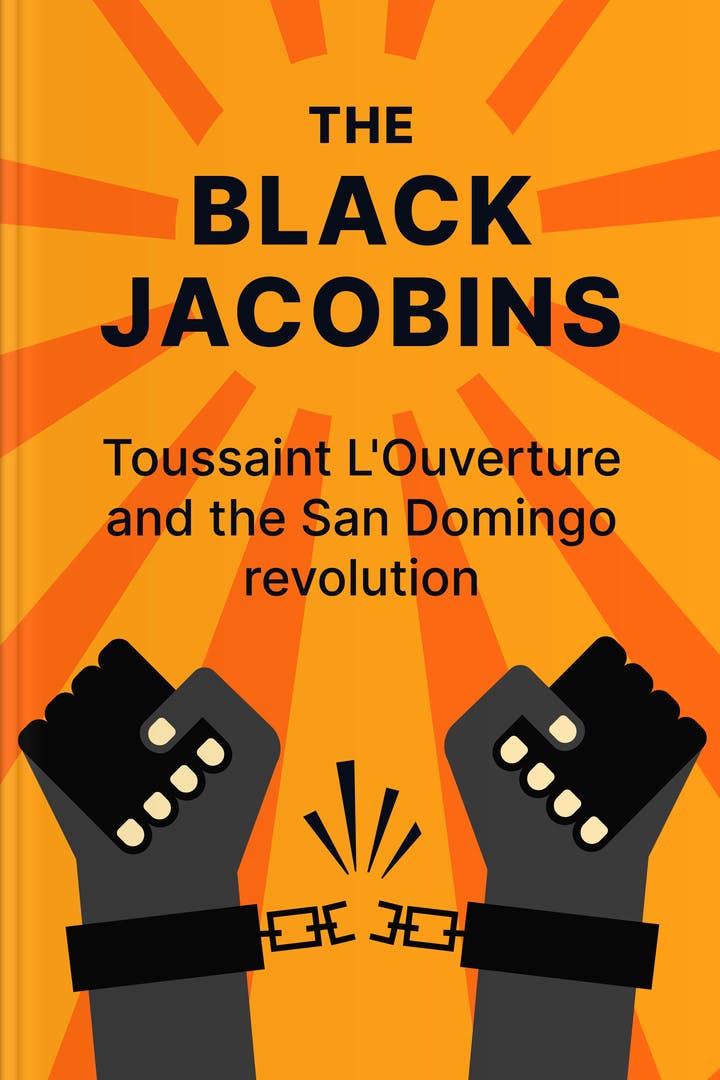 4
4The Black Jacobins
by C.L.R. James
What is The Black Jacobins about?
"The Black Jacobins" by C.L.R. James is a historical account that delves into the San Domingo Revolution led by Toussaint L’Ouverture. This gripping narrative explores the struggle for freedom and equality in the French colony of Saint-Domingue, which eventually led to the establishment of Haiti as the first independent black republic. James vividly portrays the complex political and social dynamics of the revolution, shedding light on the remarkable achievements and challenges faced by the revolutionaries.
Who should read The Black Jacobins
Historians and scholars interested in the Haitian Revolution.
Students studying Caribbean history and colonialism.
Activists seeking inspiration from successful anti-colonial revolutions.
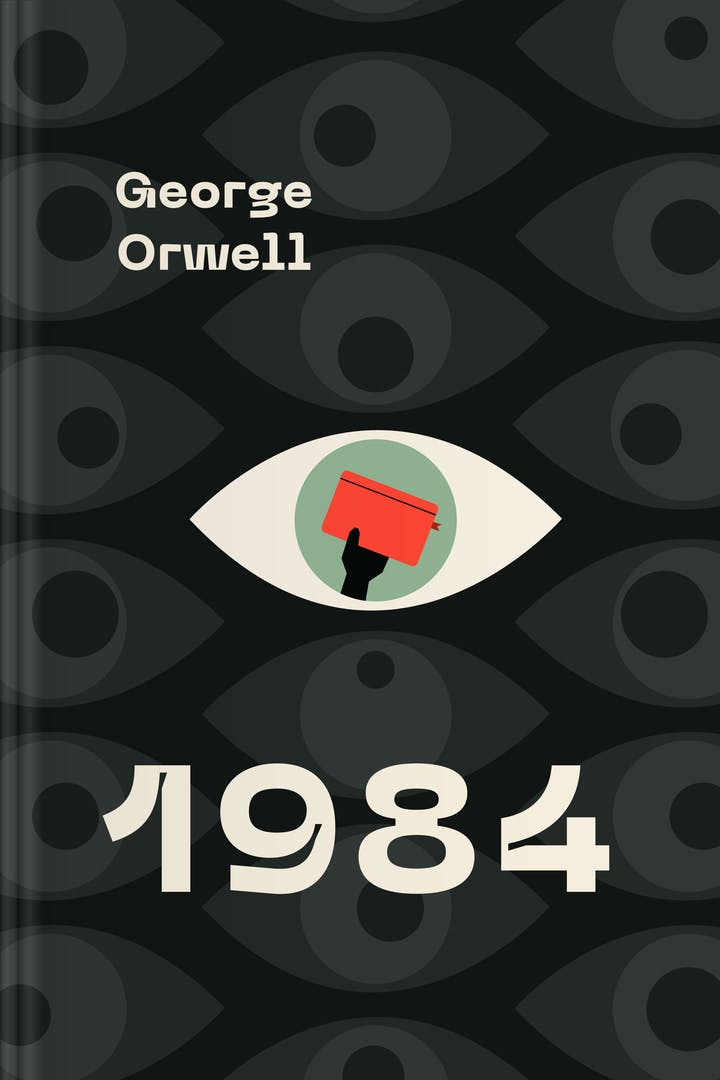 5
51984
by George Orwell
What is 1984 about?
In a dystopian society ruled by a totalitarian regime, Winston Smith, a low-ranking member of the ruling Party, rebels against the oppressive system. As he navigates a world of constant surveillance and propaganda, Winston begins to question the truth and his own identity. George Orwell's iconic novel, set in the year 1984, explores themes of government control, manipulation, and the struggle for individual freedom in a chilling and thought-provoking manner.
Who should read 1984
Fans of dystopian literature seeking a thought-provoking and chilling read.
History enthusiasts interested in exploring the dangers of totalitarianism.
Individuals concerned about the erosion of privacy and government surveillance.
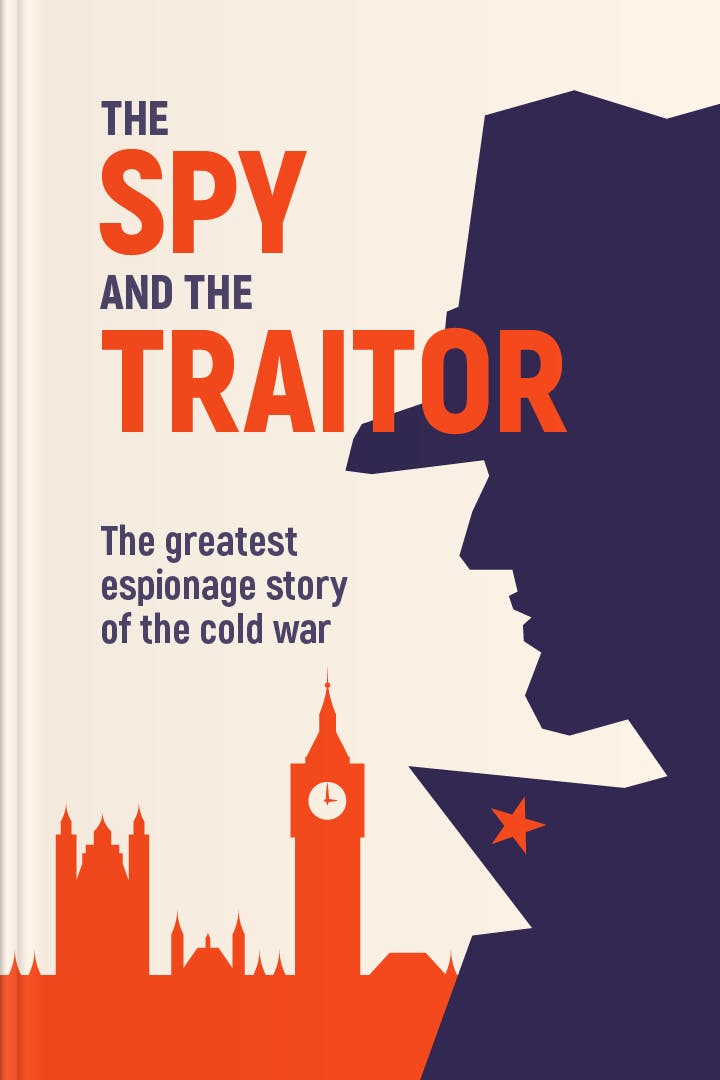 6
6The Spy and the Traitor
by Ben Macintyre
What is The Spy and the Traitor about?
In this gripping non-fiction narrative, the author delves into the thrilling true story of a high-ranking KGB officer who becomes a double agent for the British intelligence agency, MI6, during the height of the Cold War. Filled with suspense and intrigue, the book explores the dangerous world of espionage, highlighting the risks and sacrifices made by the spy to protect his country and the secrets he uncovers along the way.
Who should read The Spy and the Traitor
History enthusiasts interested in Cold War espionage and true stories.
Fans of thrilling spy narratives and real-life espionage accounts.
Individuals curious about the hidden world of double agents.
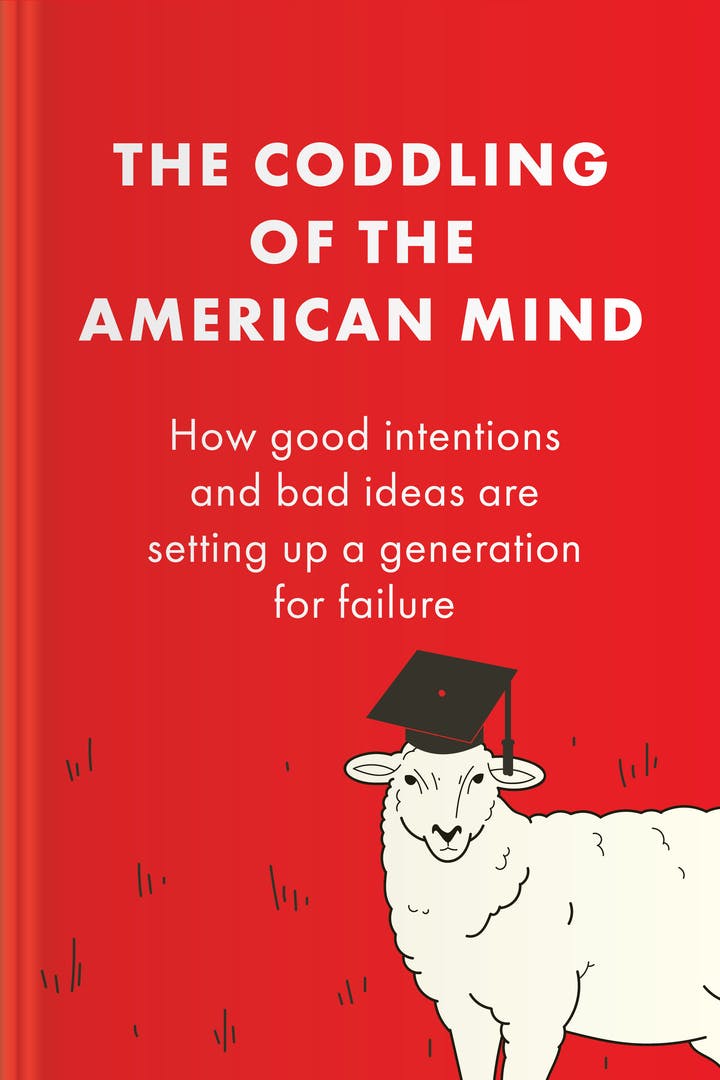 7
7The Coddling of the American Mind
by Jonathan Haidt, Greg Lukianoff
What is The Coddling of the American Mind about?
"The Coddling of the American Mind" explores the detrimental effects of well-intentioned actions and misguided ideas on the current generation. Authors Jonathan Haidt and Greg Lukianoff delve into the rise of fragility, emotional reasoning, and the suppression of free speech on college campuses. They argue that these trends hinder personal growth, resilience, and critical thinking skills, ultimately setting up young individuals for failure in the face of real-world challenges.
Who should read The Coddling of the American Mind
Parents and educators concerned about the mental well-being of young adults.
College students and recent graduates navigating the challenges of campus life.
Sociologists and psychologists studying the impact of cultural shifts on mental health.
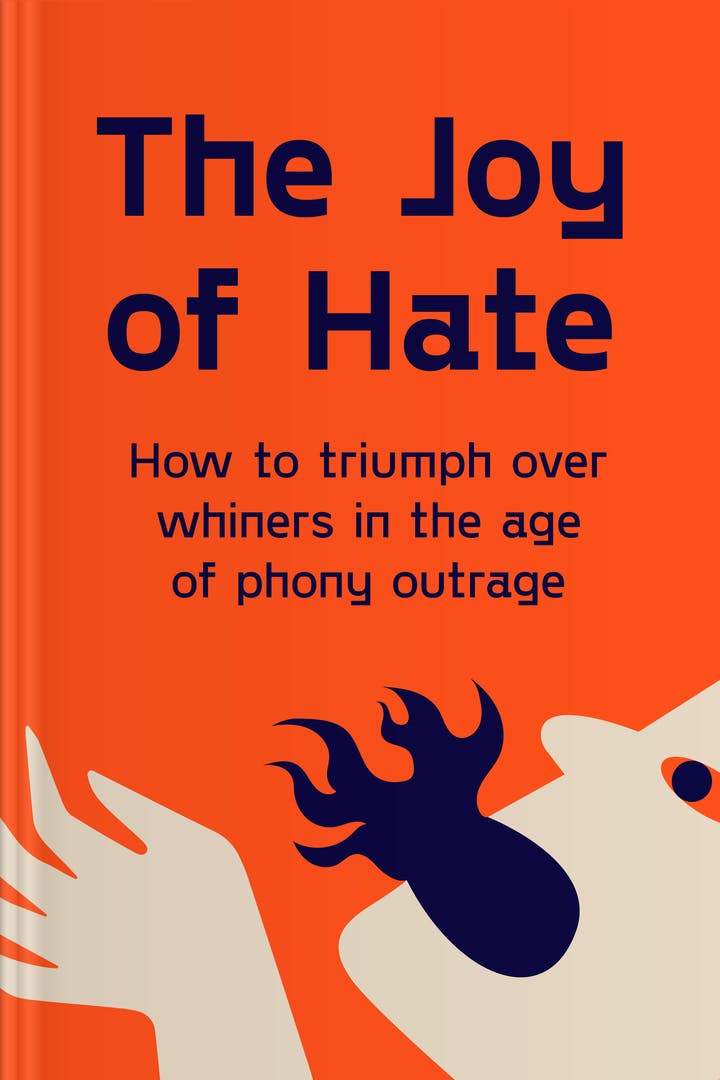 8
8The Joy of Hate
by Greg Gutfeld
What is The Joy of Hate about?
In this thought-provoking book, the author delves into the current culture of outrage and political correctness, offering a humorous and insightful perspective on how to navigate through it. With a blend of wit and sharp analysis, he explores the phenomenon of whining and provides strategies to triumph over it. A must-read for those seeking a refreshing take on the age of phony outrage and a guide to finding joy amidst the hate.
Who should read The Joy of Hate
Individuals seeking a humorous and insightful take on navigating modern outrage culture.
Those interested in understanding and countering the influence of whiners and complainers in society.
Readers looking for a refreshing perspective on embracing joy and rejecting negativity.
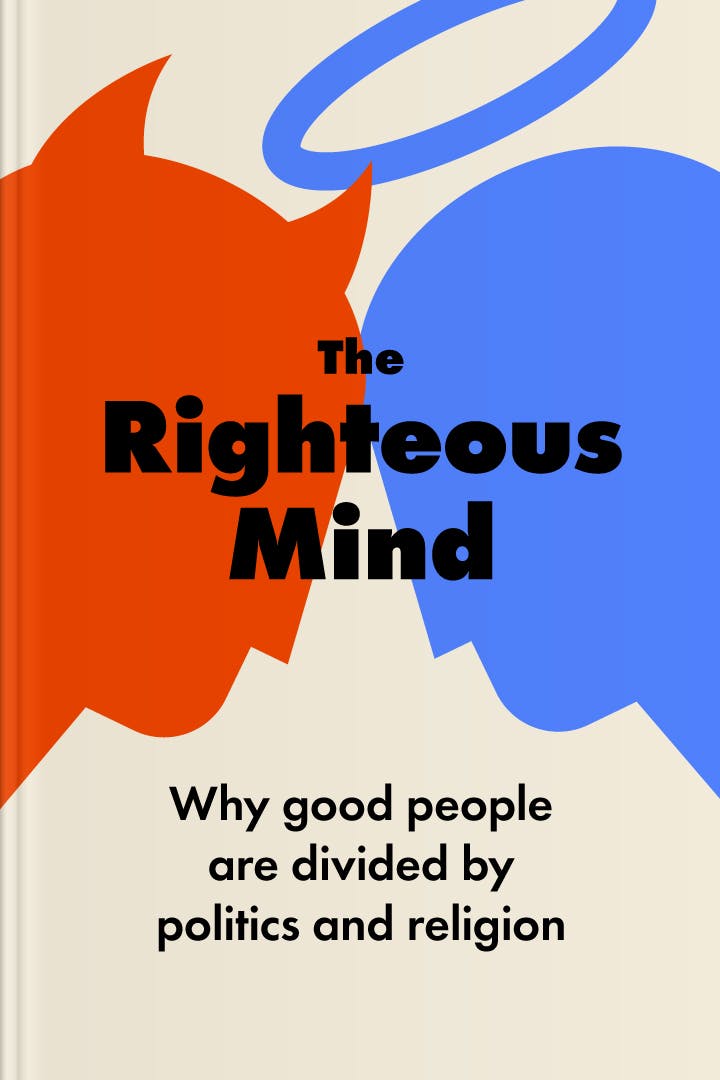 9
9The Righteous Mind
by Jonathan Haidt
What is The Righteous Mind about?
In this thought-provoking book, the author delves into the complex world of human morality, exploring why people with different political and religious beliefs often find themselves at odds. Drawing on extensive research and psychological insights, Haidt uncovers the underlying factors that shape our moral judgments and reveals how our innate sense of right and wrong can lead to deep divisions in society. A compelling exploration of the roots of moral diversity and the challenges it poses for understanding and bridging ideological divides.
Who should read The Righteous Mind
Individuals interested in understanding the psychological roots of political and religious divisions.
Social scientists and researchers studying moral psychology and human behavior.
Anyone seeking insights into bridging ideological gaps and fostering empathy.
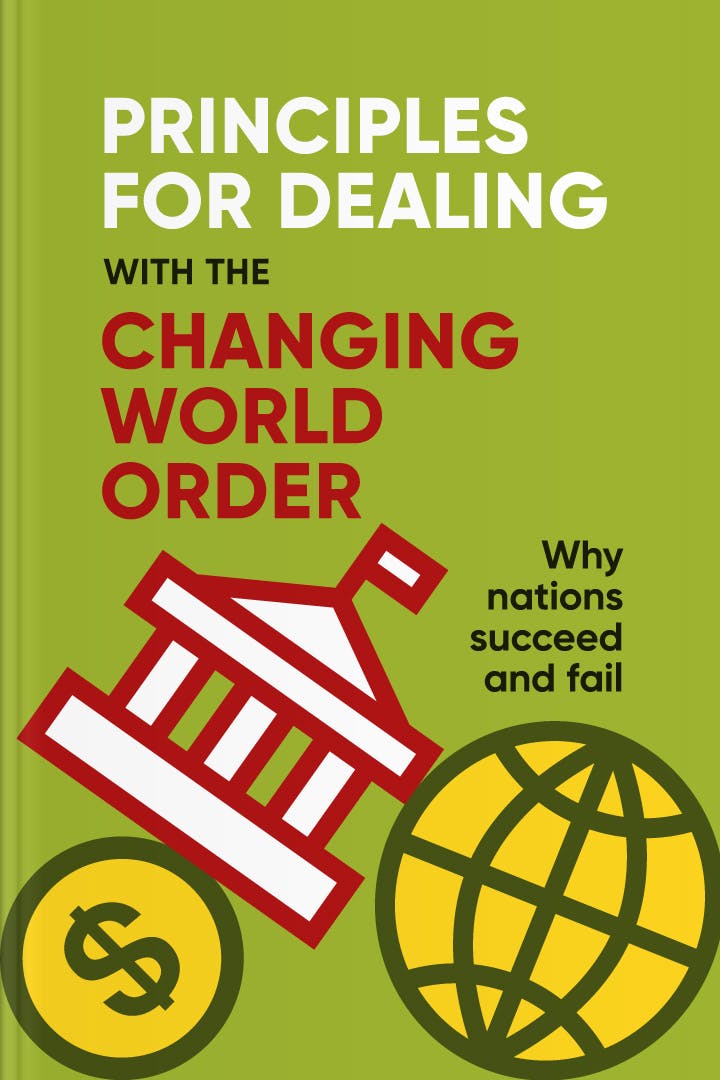 10
10Principles for Dealing with the Changing World Order
by Ray Dalio
What is Principles for Dealing with the Changing World Order about?
In this insightful book, the author delves into the principles that determine the success or failure of nations in the face of a rapidly changing world order. Drawing from his extensive experience in finance and economics, Ray Dalio offers a comprehensive guide to understanding the dynamics of global power shifts and provides valuable insights on how nations can adapt and thrive in an ever-evolving geopolitical landscape.
Who should read Principles for Dealing with the Changing World Order
Global policymakers seeking insights into navigating the evolving world order.
Business leaders aiming to understand the impact of geopolitical shifts.
Students and scholars of international relations and political science.
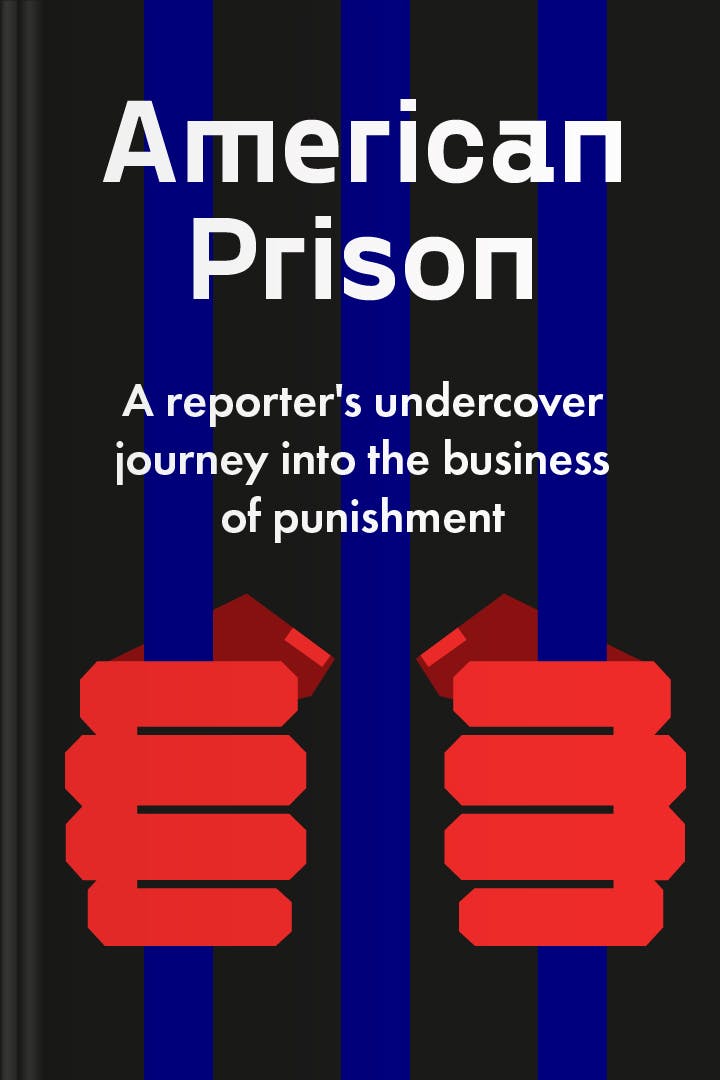 11
11American Prison
by Shane Bauer
What is American Prison about?
In this gripping non-fiction work, a courageous journalist goes undercover as a prison guard to expose the dark realities of the American prison system. Shane Bauer's immersive account takes readers on a harrowing journey, shedding light on the profit-driven nature of incarceration and the dehumanizing conditions faced by inmates. Through his firsthand experiences, Bauer challenges our understanding of justice and raises important questions about the ethics of punishment in modern society.
Who should read American Prison
Journalists and reporters interested in understanding the prison system.
Activists and advocates seeking to reform the criminal justice system.
Individuals curious about the hidden realities of American prisons.
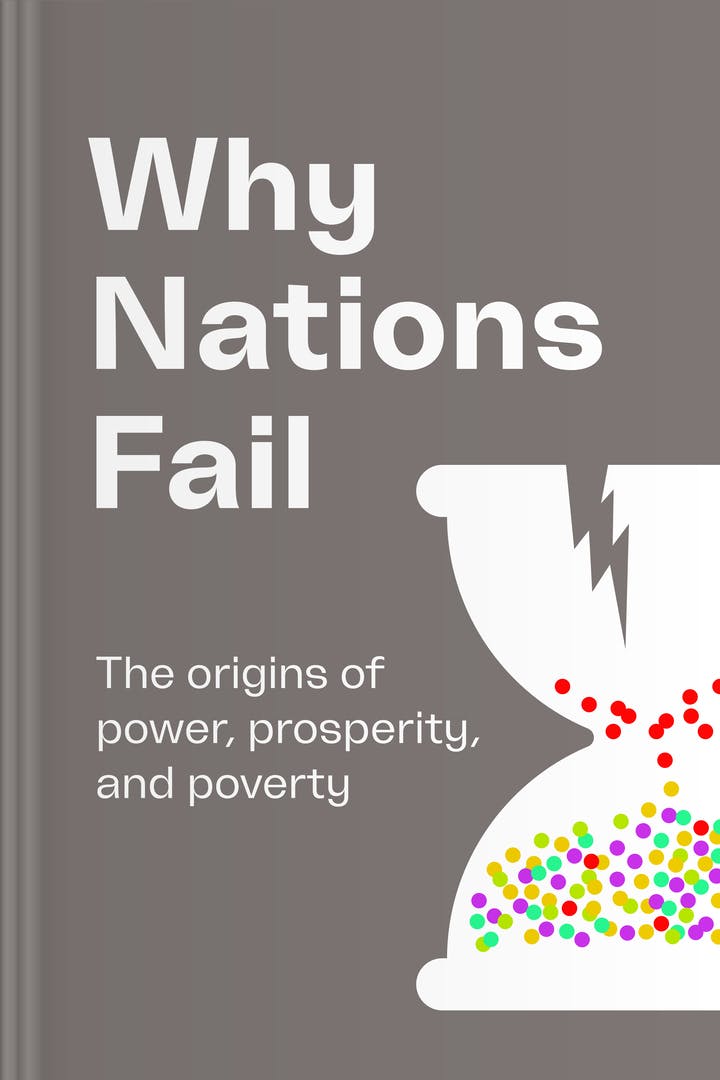 12
12Why Nations Fail
by Daron Acemoglu and James A. Robinson
What is Why Nations Fail about?
"Why Nations Fail" explores the factors that determine the success or failure of nations. Acemoglu and Robinson argue that inclusive political and economic institutions are crucial for long-term prosperity, while extractive institutions lead to poverty and stagnation. Through historical analysis and case studies, the authors examine the origins of power and the impact of institutions on societies, shedding light on the complex dynamics that shape the fate of nations.
Who should read Why Nations Fail
Economists and political scientists interested in understanding the roots of economic inequality.
Policy makers and government officials seeking insights into fostering inclusive growth.
Students and researchers studying the impact of institutions on development.
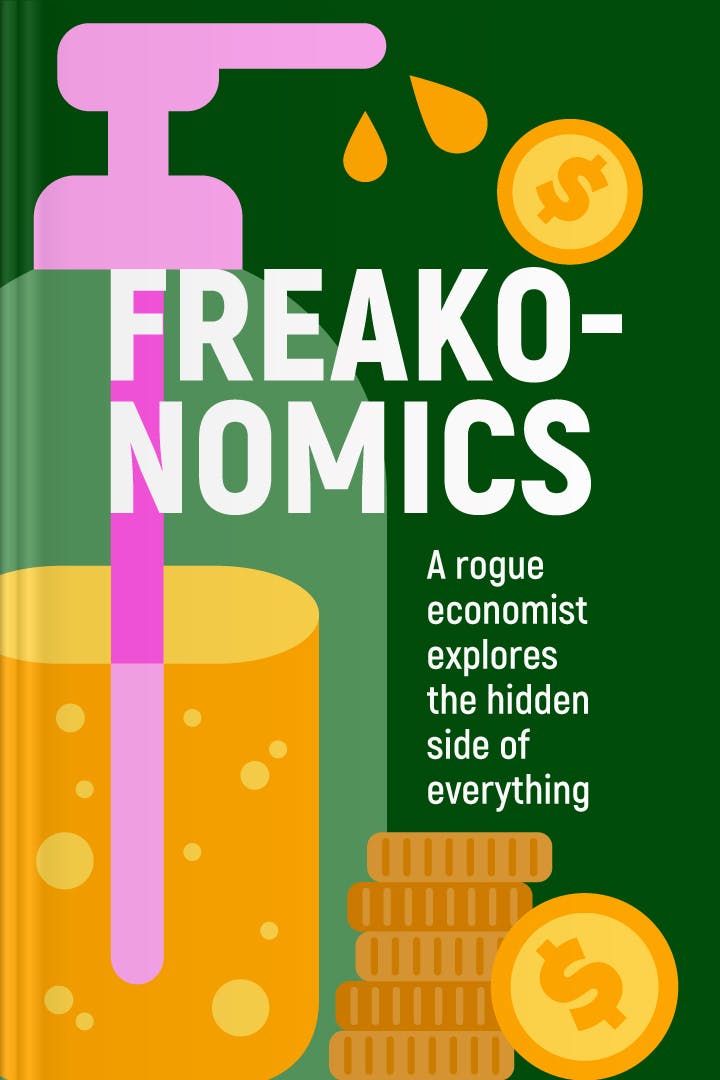 13
13Freakonomics
by Steven D. Levitt, Stephen J. Dubner
What is Freakonomics about?
In this thought-provoking book, an unconventional economist delves into the unexpected connections between seemingly unrelated phenomena. Levitt and Dubner explore the hidden side of various aspects of life, from crime rates and parenting techniques to the impact of names on success. With their unique blend of economics and storytelling, they challenge conventional wisdom and shed light on the surprising forces that shape our world. Prepare to have your assumptions challenged and your perspective on everyday life transformed.
Who should read Freakonomics
Economics enthusiasts seeking unconventional insights into everyday phenomena.
Curious individuals interested in understanding the hidden forces shaping society.
Anyone looking for a thought-provoking exploration of the unexpected connections in life.
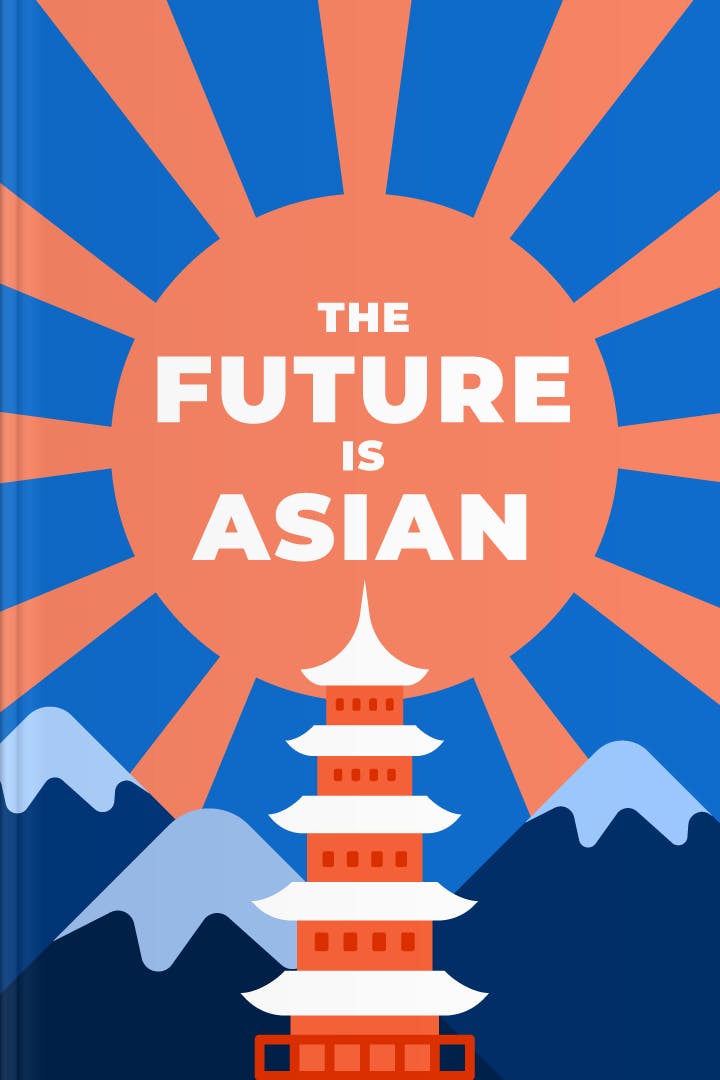 14
14The Future is Asian
by Parag Khanna
What is The Future is Asian about?
"The Future is Asian" explores the rising influence and power of Asia in the global landscape. Parag Khanna delves into the economic, political, and cultural shifts taking place across the continent, highlighting the region's potential to shape the world's future. With a focus on the interconnectedness of Asian nations and their impact on global affairs, this book offers a compelling analysis of the Asian century and its implications for the rest of the world.
Who should read The Future is Asian
Global business leaders seeking insights into the growing influence of Asia.
Policy makers and diplomats interested in understanding Asia's geopolitical dynamics.
Students and academics studying the economic and cultural rise of Asia.
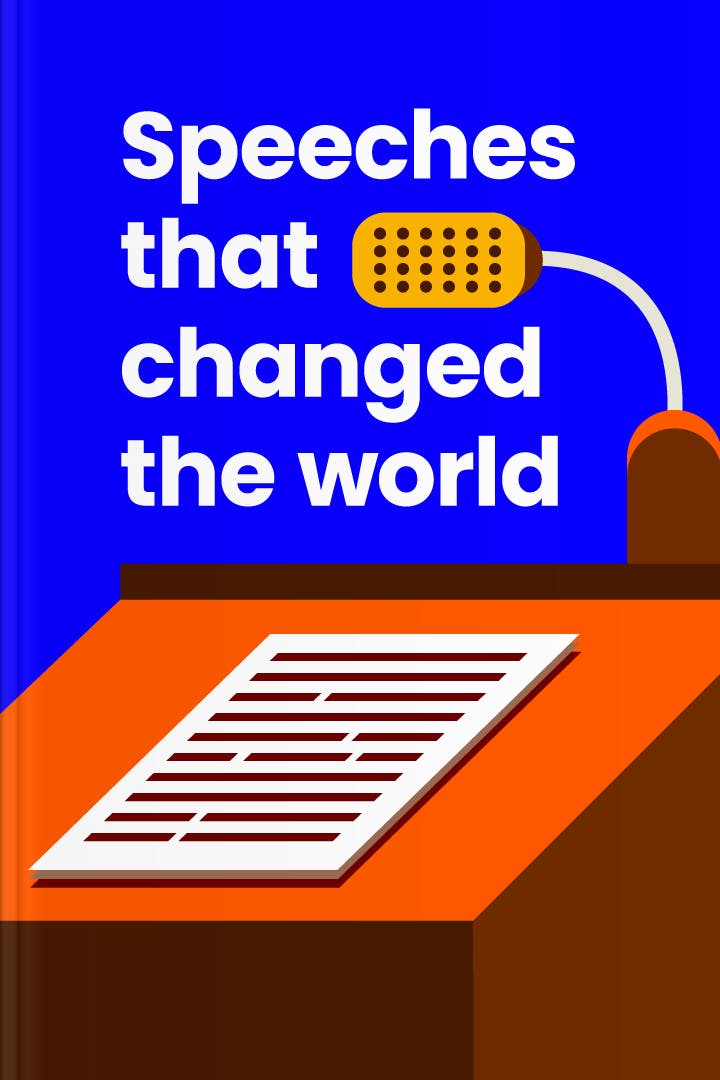 15
15Speeches That Changed the World
by Simon Sebag Montefiore
What is Speeches That Changed the World about?
"Speeches That Changed the World" is a captivating collection of powerful speeches that have shaped history and influenced societies. Written by an acclaimed author, this book delves into the profound impact of speeches delivered by influential figures throughout time. From political leaders to activists, these speeches have ignited revolutions, inspired change, and left an indelible mark on humanity. With insightful analysis and historical context, this book offers a compelling exploration of the transformative power of words.
Who should read Speeches That Changed the World
History enthusiasts seeking to explore influential speeches throughout time.
Students of political science and communication interested in impactful oratory.
Individuals looking for inspiration from powerful speeches that shaped history.
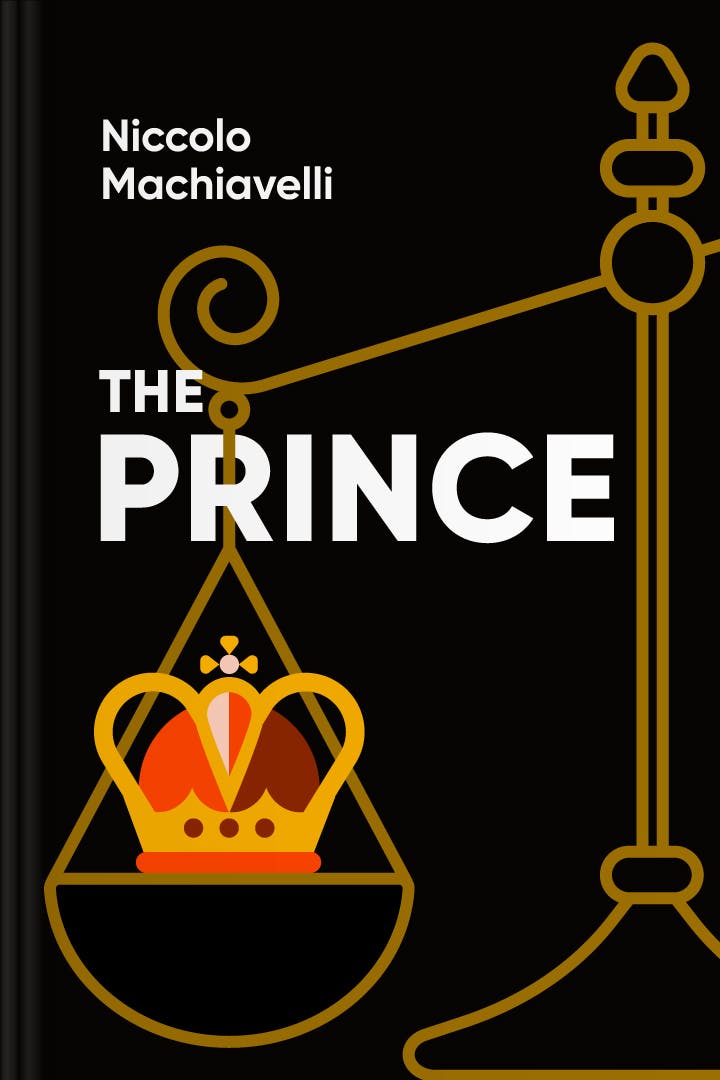 16
16The Prince
by Niccolò Machiavelli
What is The Prince about?
"The Prince" is a political treatise written by an Italian author during the Renaissance period. This influential book explores the nature of power and the strategies rulers should employ to maintain and expand their authority. Drawing from historical examples and Machiavelli's own experiences, it offers practical advice on leadership, diplomacy, and the manipulation of public opinion. Controversial for its ruthless approach, "The Prince" remains a thought-provoking guide to the complexities of governance.
Who should read The Prince
Aspiring politicians seeking insights into the art of leadership.
History enthusiasts interested in Renaissance political philosophy.
Individuals curious about the dark realities of power dynamics.
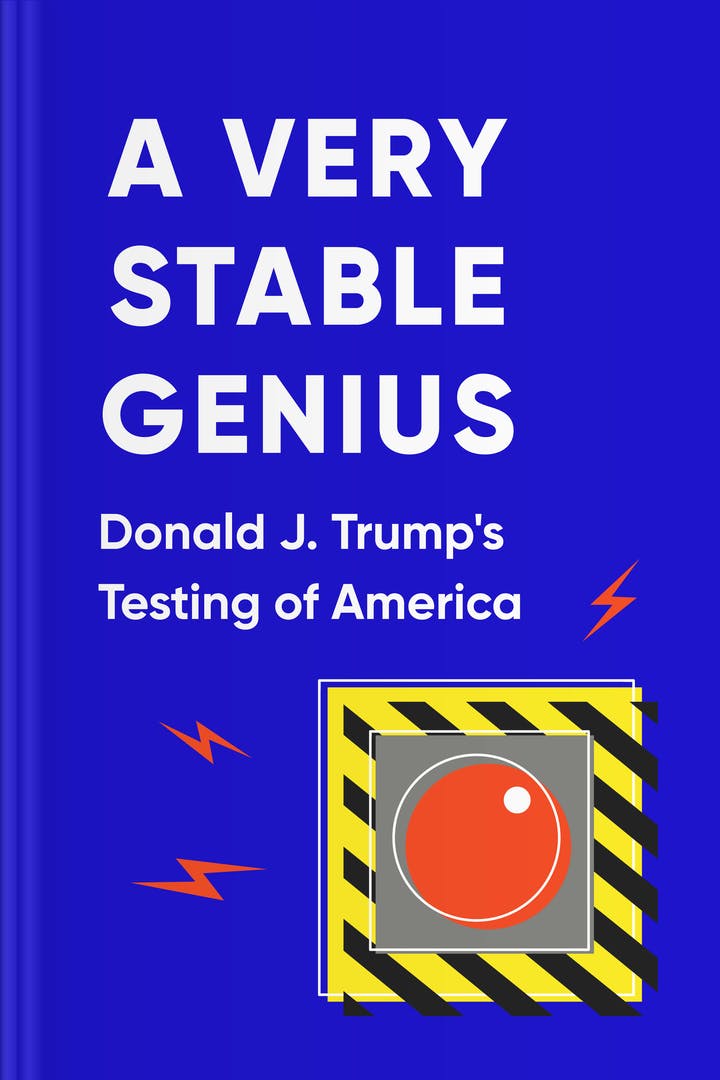 17
17A Very Stable Genius
by Philip Rucker, Carol Leonning
What is A Very Stable Genius about?
"A Very Stable Genius: Donald J. Trump’s Testing of America" delves into the tumultuous presidency of Donald Trump, exploring the impact of his unconventional leadership style on the nation. Written by Philip Rucker and Carol Leonnig, this book offers a comprehensive analysis of Trump's presidency, highlighting key events, policy decisions, and the resulting consequences. Through meticulous research and interviews, the authors provide a thought-provoking examination of the challenges faced by America during this unprecedented era.
Who should read A Very Stable Genius
Political enthusiasts seeking an in-depth analysis of Donald Trump's presidency.
Journalists and historians interested in understanding the impact of Trump's leadership.
Citizens concerned about the state of American democracy under Trump.
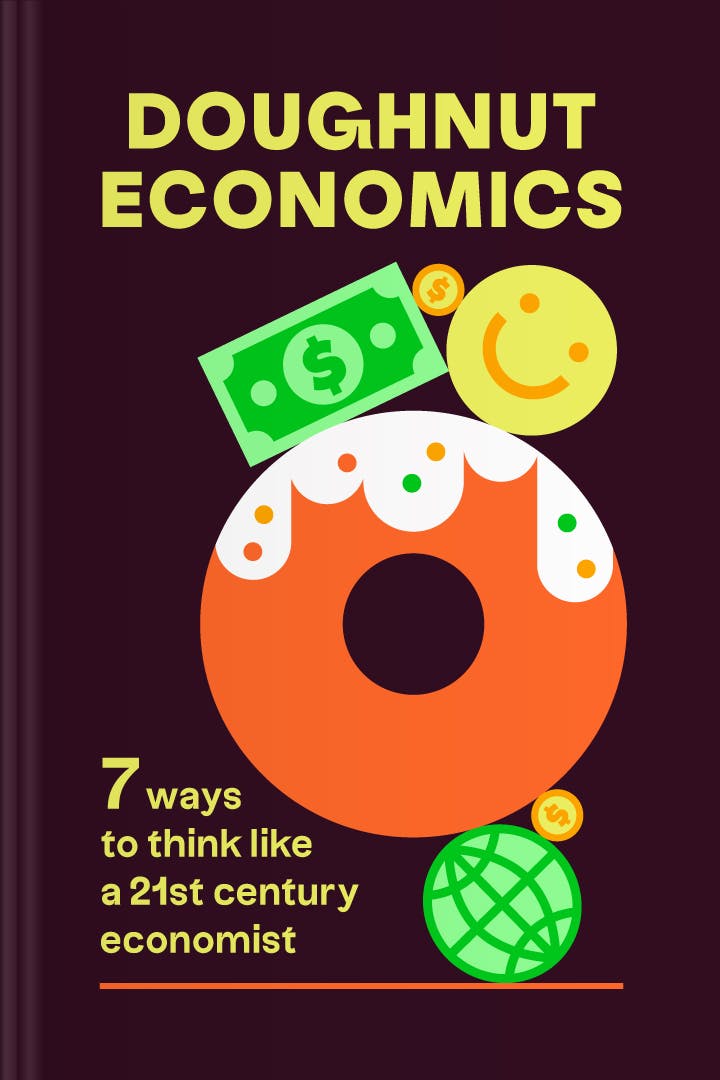 18
18Doughnut Economics
by Kate Raworth
What is Doughnut Economics about?
In this thought-provoking book, the author challenges traditional economic theories and offers a fresh perspective on how we should approach economics in the 21st century. Raworth introduces seven key principles that encourage a more sustainable and inclusive economic system, emphasizing the importance of social justice and environmental sustainability. With engaging examples and insightful analysis, she presents a compelling argument for reimagining economics to create a better future for all.
Who should read Doughnut Economics
Economists and policymakers seeking innovative approaches to address global challenges.
Students and academics interested in rethinking traditional economic theories.
Individuals passionate about sustainable development and creating a fairer society.
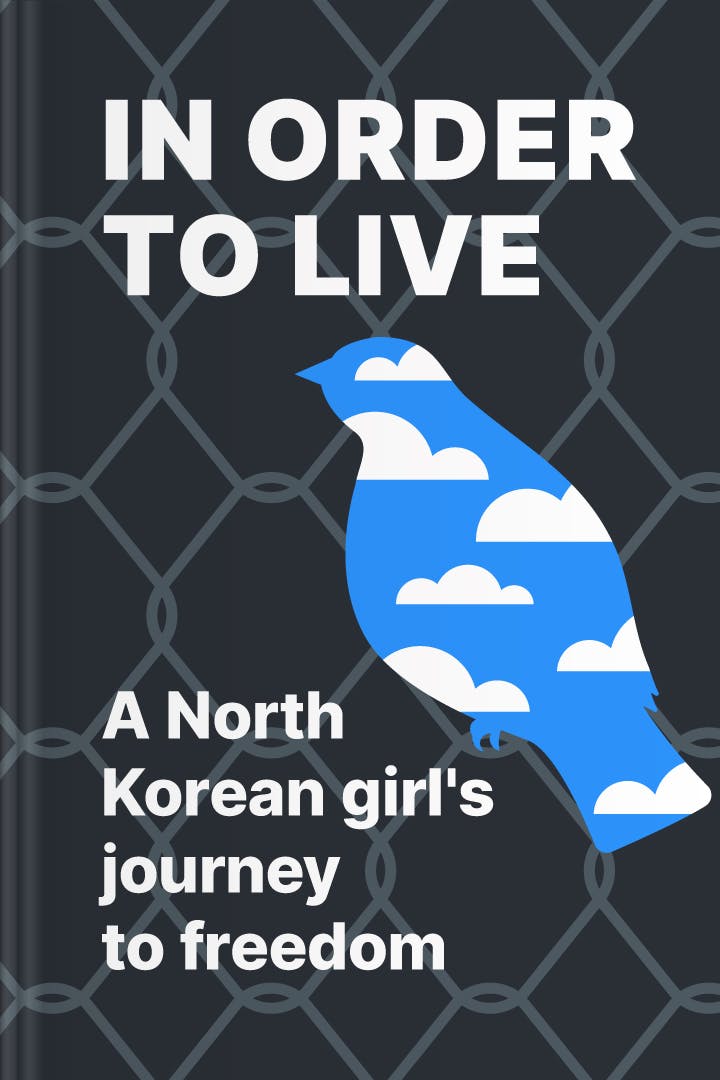 19
19In Order to Live
by Yeonmi Park, Maryanne Vollers
What is In Order to Live about?
"In Order to Live" is a gripping memoir that follows the harrowing journey of a young North Korean girl, as she escapes the oppressive regime and embarks on a quest for freedom. Yeonmi Park's powerful narrative exposes the brutal realities of life under dictatorship, detailing her escape across the treacherous Gobi Desert and the challenges she faces as a refugee. This inspiring tale of resilience and hope sheds light on the human spirit's unwavering determination to seek a better life.
Who should read In Order to Live
Individuals interested in personal stories of resilience and survival.
Those seeking a deeper understanding of North Korean society and its challenges.
Readers looking for inspiring tales of courage and triumph over adversity.
